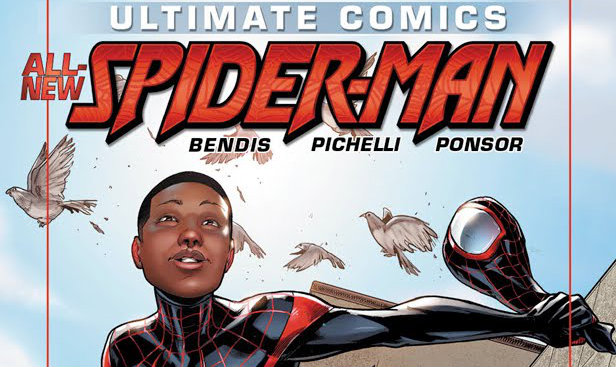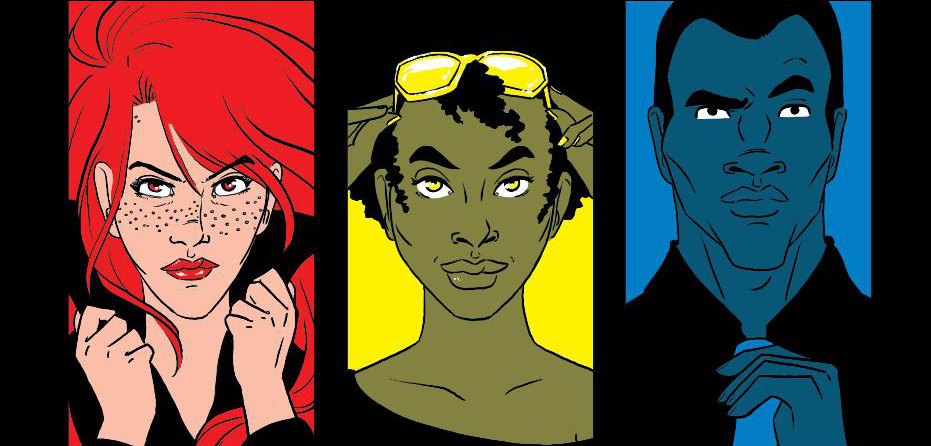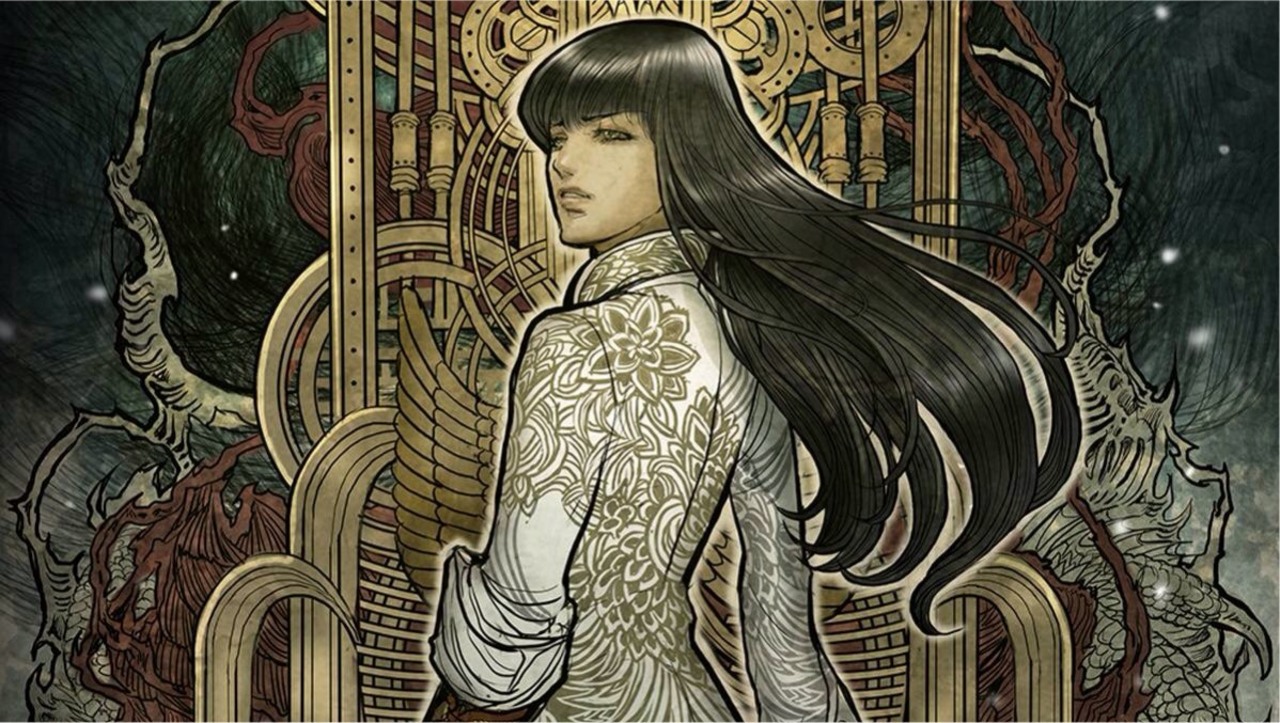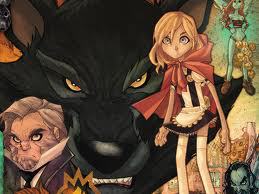When I was younger – between sixth and eighth grade – a huge part of Spider-Man’s appeal to me was always the fact that he was a teenager. A superhero that started kicking butt when he was only a few years older than me? Please and thank you.
During high school I fell away from comics (not intentionally, just by chance, unless my dad bought me a random copy of Batman for fun) and only within the last year did I dive right back into them. I’m still coming to terms with the fact that the Earth-616 Peter Parker is dead (insert ten thousand questions marks here) but before I could properly find out what the F happened there, I found myself falling totally in love with the new Ultimate Spider-Man, Miles Morales.
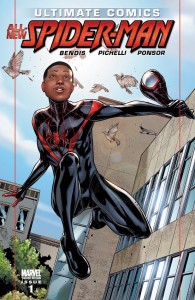 I started reading Ultimate Comics: Spider-Man towards the middle, during the Venom War, mostly to spare my wallet the pain of buying nineteen issues to play catch-up, but after reading four issues I’m ready to make the commitment. Miles is, thankfully, not a carbon copy of Peter Parker like I feared he’d be, and I’ve become so invested in his character, even just from the few issues I’ve read. There’s also one very obvious facet that makes Miles worlds different from Peter: he’s half-black, half-Hispanic.
I started reading Ultimate Comics: Spider-Man towards the middle, during the Venom War, mostly to spare my wallet the pain of buying nineteen issues to play catch-up, but after reading four issues I’m ready to make the commitment. Miles is, thankfully, not a carbon copy of Peter Parker like I feared he’d be, and I’ve become so invested in his character, even just from the few issues I’ve read. There’s also one very obvious facet that makes Miles worlds different from Peter: he’s half-black, half-Hispanic.
In a world where most main characters in any media are white, it was a welcome surprise to see someone like Miles (who, by the way, is in grade school when he starts web-swinging) as an iconic hero. Back in 2011 Marvel’s editor-in-chief Alex Alonso is quoted as saying, “What you have is a Spider-Man for the 21st century who’s reflective of our culture and diversity. We think that readers will fall in love with Miles Morales the same way they fell in love with Peter Parker.” And it’s true. The modern world is much more diverse than it was when Spider-Man was first created in the 1960s, and to see that diversity reflected in comics is a breath of fresh air.
Representation in comics has always been a hot topic, but more so recently, perhaps due to easy Internet access and the ability to communicate with each other via quick forum replies and Tumblr posts. For the most part, and from what I’ve seen, most people have reacted positively to Miles’ introduction as Ultimate Spider-Man, happy that Marvel is trying to be inclusive. A fair few, though, have reacted with the question: Why not just make a new mixed race superhero instead of replacing a favorite?
Personally, I’m a fan of where Marvel has taken Ultimate Spider-Man, and I’m definitely a fan of Miles. Turning Miles into such an iconic character shows that Marvel is serious about broadening their definition of what it means to be a hero in their universe. A hero could be anybody – even a half-black, half-Hispanic young kid from Brooklyn. It’s relatable, it’s interesting, and it’s a damn good story.
[heading style=”subheader”]TIP SHEET:[/heading]
- Ultimate Comics: Spider-Man is a separate universe from the main Marvel comics, commonly referred to as Earth-616 or just 616.
- This volume of Ultimate Comics: Spider-Man with Miles Morales was first available in September 2011.
- Miles Morales replaces Peter Parker as Spider-Man in the Ultimates universe after Peter’s death in the same universe.
[heading style=”subheader”]YOU MAY LIKE ULTIMATE COMICS SPIDER-MAN IF:[/heading]
- You’re already a Spider-Man fan, or if you’re someone unfamiliar with the Spider-Man universe, this is still a pretty good place to jump in, as it’s new reader friendly.
- You gravitate towards young characters overcoming near-impossible odds in the name of doing the right thing.
- You like all the sarcasm and kick-assery that came with Peter Parker’s Spider-Man.
Gabby Taub, the Fantasy Reviewer at Girls in Capes, is a senior at New York University studying creative writing. She enjoys reading, writing, watching TV, and spending time getting lost among the bookshelves at Strand Bookstore.
